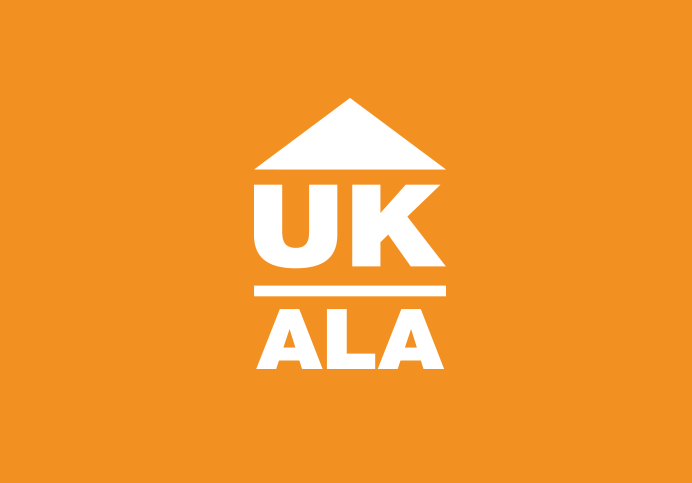
What NOT to do if squatters move in
The following general guidelines highlight particular courses of action that a landlord should NOT follow when faced with squatters
Although squatters may be occupying the property illegally or without the landlord’s permission they do have very limited rights. It is very easy for a landlord to take the wrong action in the heat of the moment and accidentally find themselves on the wrong side of the law.
- Do not force your way into the property, especially if the squatters are in residence. For landlords this is an offence.
The following general guidelines highlight particular courses of action that a landlord should NOT follow when faced with squatters
Although squatters may be occupying the property illegally or without the landlord’s permission they do have very limited rights. It is very easy for a landlord to take the wrong action in the heat of the moment and accidentally find themselves on the wrong side of the law.
- Do not force your way into the property, especially if the squatters are in residence. For landlords this is an offence. Absent owner-occupiers or tenants who return to find squatters have moved into their home may have a defence to this but should still take legal advice before attempting forced entry and for reasons of personal security it is not advisable to force entry without a police presence.
- Do not accept any money or other goods that might be offered by the squatters. Doing this might prejudice any attempt to get a possession order as the occupants could argue that the landlord has accepted money or goods as rent and therefore a tenancy has been created.
- Do not throw the occupants or their belongings out of the property. Doing so will be construed as illegal eviction for which the landlord can be prosecuted. A landlord must have a court order to be able to evict the tenants. Fortunately there is no notice period required to seek a court order and an order can be made to come into force within days.
- Do not cut off power or water to the property in an attempt to force the occupants out. This will be construed as illegal eviction, even if the landlord shut off power or water when the property was originally left empty.
- Do not harass, threaten or verbally abuse the occupants. Again, doing so will be seen as illegal eviction and harassment for which the landlord can be prosecuted. It is acceptable to warn the occupants that the landlord will be going to court to seek a possession order against them.